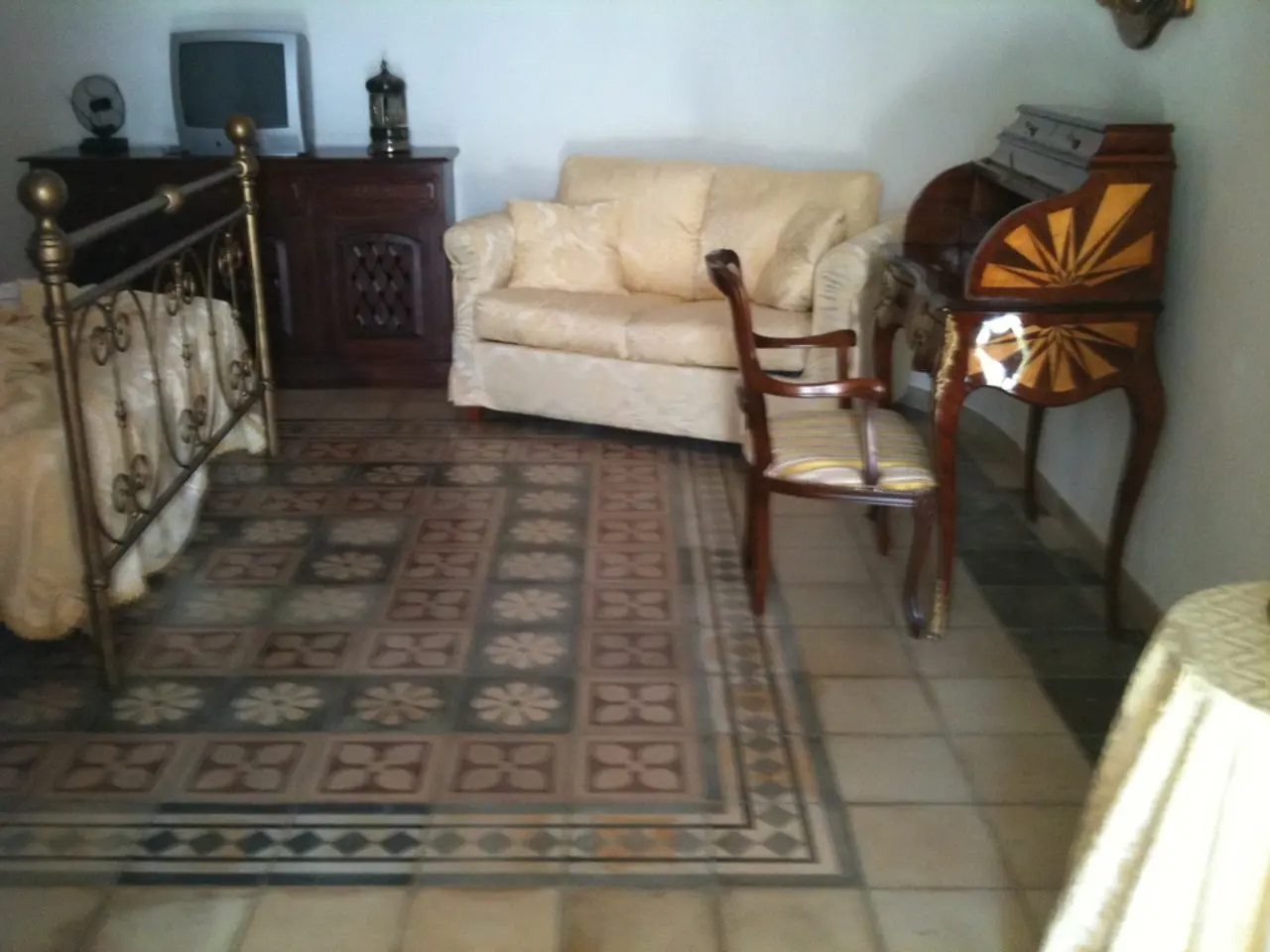Swedish Pronouns: Knowing When to Use 'I' and 'På'
In the Swedish language, prepositions play a crucial role in forming clear and accurate sentences. Here's a breakdown of some commonly used prepositions and how they are used.
The preposition på is often used to indicate location in a general sense, such as på skolan (at school), på biblioteket (at the library), and på jobbet (at work). However, when it comes to trains, buses, and planes, you would typically use på rather than i. So, you'd say you were på tåget, på bussen or på flyget (on the train, bus, or plane).
On the other hand, i is used for specific rooms, like i köket or i badrummet. Interestingly, i is also used for time phrases, such as klockan är tjugo i fem (the time is twenty to five). You would also say i går (yesterday), i år (this year), i kväll (this evening) and i natt (tonight).
In certain contexts, i can be used to express possession, such as håll mig i handen (hold me in the hand). If you have a cargo bike that you can sit in, you might get away with saying you are sitting i lådcykeln (in the cargo bike).
For a private area like a house or summer house, the preposition i is usually used, but there are exceptions. If you are at someone else's house, you would probably use the word hos, for example jag är hos mamma och pappa (I'm at mum and dad's house/apartment).
If you need to tell someone that you are inside a vehicle rather than outside, you would say i tåget. You'd use över for 'past', so tjugo över fem would mean twenty past five.
På is used in cases where you are in a public area, such as på bion (at the cinema), på banken (at the bank), and på sjukhuset. In Swedish, i is used for sofas, armchairs, or other (usually soft) chairs you might relax in. When something is hanging from the ceiling, it is said to be i taket. If something is on the roof, it is said to be på taket, such as a cat or Karlsson in the Astrid Lindgren children's series Karlsson på taket.
If you want to say you are inside a house or apartment, you would say i huset or i lägenheten. If you want to say you are at home more generally, you would usually say hemma. If you've injured a part of your body, you can say jag slog mig i huvudet (I hit my head) or jag fick ett slag mot huvudet (I received a hit to the head).
Lastly, the preposition på is used for the toilet specifically, på toaletten. In Swedish, i is used for parts of the body, such as jag har ont i benen (I have pain in my leg).
Read also:
- Cheech and Chong's marijuana business, valued at $100 million, is no laughing matter.
- Tale of the Resurrection: European Journey of a Once-Lost Bird Directed by Scientists
- Australia's Recently Discovered Stick Insect Weighs More Than Any Previously Logged Insect in the Country
- Revealing the Chancerne: A Glance into a Long-Standing French Rural Community








